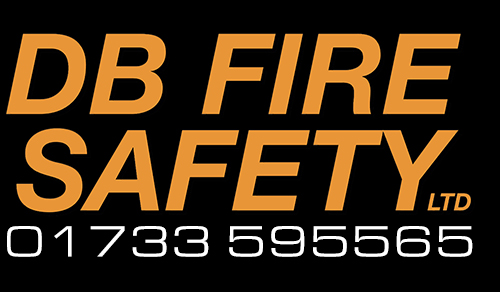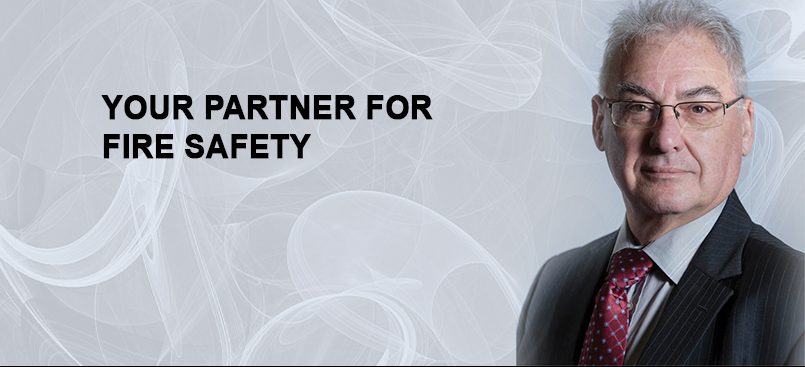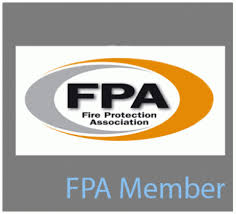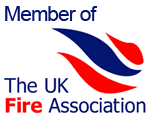Fire safety training in residential care premises is a service provided by Peterborough based DB Fire Safety Limited.
Residential care is provided for people with wide-ranging needs such as:
- the elderly or the infirm
- children
- people who have special needs, for instance, they may have learning difficulties
- people who may have mental and/or mobilty difficulties
- residential care is also provided for people with addiction problems
These premises come in all sorts of shapes and sizes. With this in mind, it can be extremely challenging for the nominated “responsible person” to carry out a competent fire risk assessment.
When a fire starts it can spread very quickly. There’s no time to even think about gathering up your valued possessions. The escape routes have to be meticulously planned to get people out quickly and safely because a fire can become life-threatening in only two minutes. Remember, initial practice is to move residents to areas of safety, however, speed is of the essence because, given the right circumstances, a care home can be engulfed in flames within a very short space of time. In those circumstances, it might be necessary to evacuate the entire building. Are your procedures sufficiently robust to allow for total evacuation; and have your staff received sufficient training in those procedures?
There’s no time to lose. Given the speed in which a fire can spread, it’s vital that the fire risk assessment is carried out by the competent nominated person or a specialist. Fire risk assessments are something which cannot be ignored and left to chance. DB Fire Safety will offer fire safety support to help your business fulfill legal requirements.
If your residential care premises accommodates more than 60 residents and has a complicated layout with various escape routes and is multi-storied, then you will almost definitely need to be assessed by a competent person with the comprehensive training, qualifications and experience in fire risk assessment.
It’s a requirement by law – “The Regulatory Reform (Fire Safety) Order 2005” – which states t hat you need to request such technical expertise to assist on fire safety matters.
hat you need to request such technical expertise to assist on fire safety matters.
For more information on how DB Safety can assist your residential care home in respect of fire risk assessment, please feel free to contact me.




 months but by following 12 simple rules you will keep your family safe during winter.
months but by following 12 simple rules you will keep your family safe during winter.






